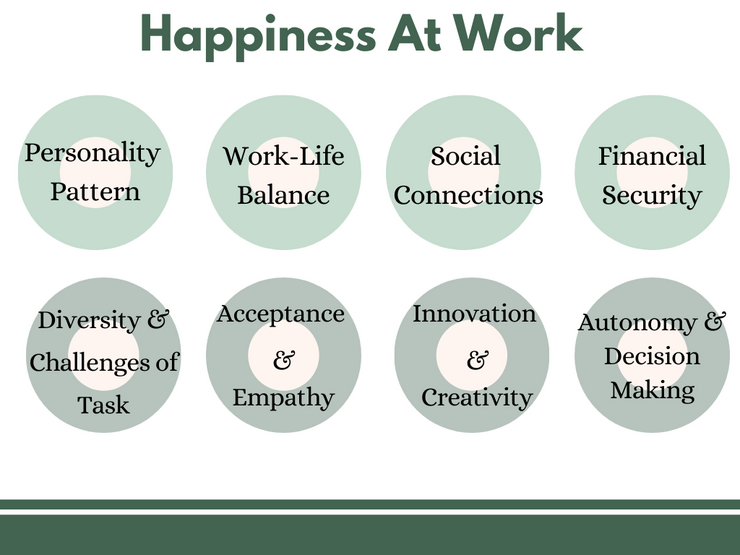
Maternity and Breastfeeding at work
Breastfeeding in itself comes with health and emotional challenges for new moms, this time is also complicated by the tenant of breastfeeding at work. Currently, India ranks 78 in the World Breastfeeding Trends initiative (WBTi), of 97 countries that participated. Breastfeeding is a largely taboo subject, especially in India, in such a situation, having an environment where the mother feels safe and comfortable enough to breastfeed, becomes essential.
According to a recent report, the two major barriers to breastfeeding in public are lack of appropriate/hygienic/safe places to breastfeed, and discomfort due to people staring/lack of privacy.With companies and maternity laws barely providing safety of neither facilitative environment nor policies to comfort the shame and stigma associated with breastfeeding, working mothers across the country are facing barriers in their career paths.
Under the Maternity Benefit (Amendment) Act 2017, maternity leave was raised from 12 weeks to 26 weeks. However, a woman with already two or more children is entitled to 12 weeks’ maternity leave. The prenatal leave in this case remains six weeks. While the extension of the maternity leave allows for the mother to breastfeed for the recommended time of 6 months, laws concerning mother’s with two or more children are biased and unsupportive. In the case of the later, the mother is barely able to breastfeed for the recommended time period and this poses potential threat to both the mother and child’s mental, physical and emotional health.
Further, a lesser known fact is that The central government amended the Maternity Benefit Act four years ago, making it compulsory for companies with more than 50 employees to set up creche facilities. However, years later, this law is poorly implemented and appropriate facilities are only found in certain MNCs. State legislation, human resource management and the central implementation are all to be blamed. As a consequence of mother’s not being able to avail these facilities, the already withering number of women in the workforce, declines. The COVID-19 pandemic pushed more women out of the workforce, IndiaSpend reported in December, 2020, generally, 13% women lost their jobs as compared to 2% men.
Additionally, due to laws placing the entire financial responsibility of the period of leave for mother’s on the employer, studies have suggested that this could potentially discourage companies from hiring women and place another bias against an already discriminated against group. Forbes magazine suggests that in an estimate, between 2017-18 alone, about 11-18 lakh jobs were lost because of these counterproductive laws.
Overall, state legislation and unimplemented laws that require grave attention and detailing are to be held accountable for the gaps in the way legal processes are outlined on paper, but not implemented. With a growing industry and flourishing corporate set-up, the ushering of these practices is the need of the hour to ensure new mothers feel safe and comfortable during the period of breastfeeding.








